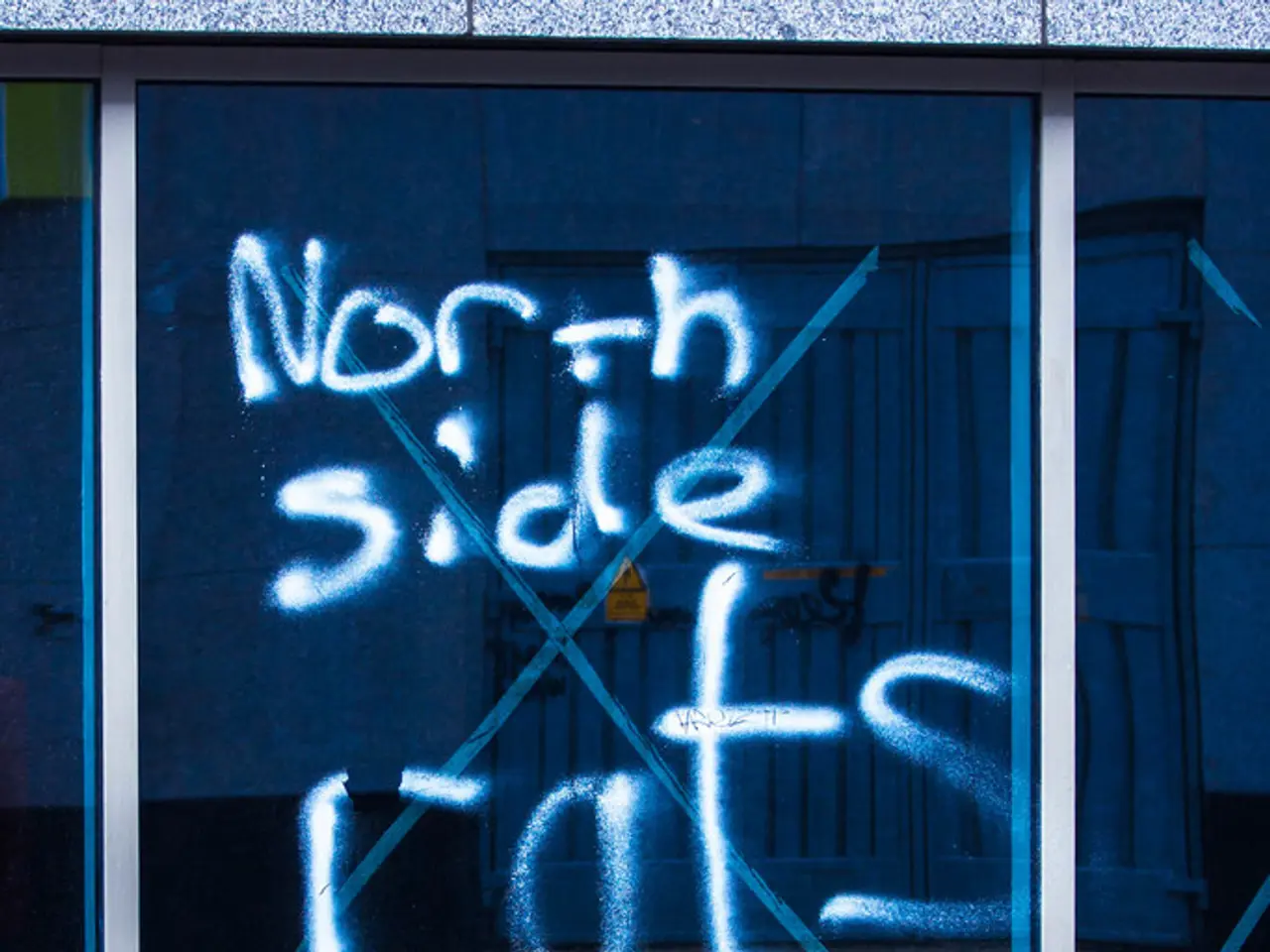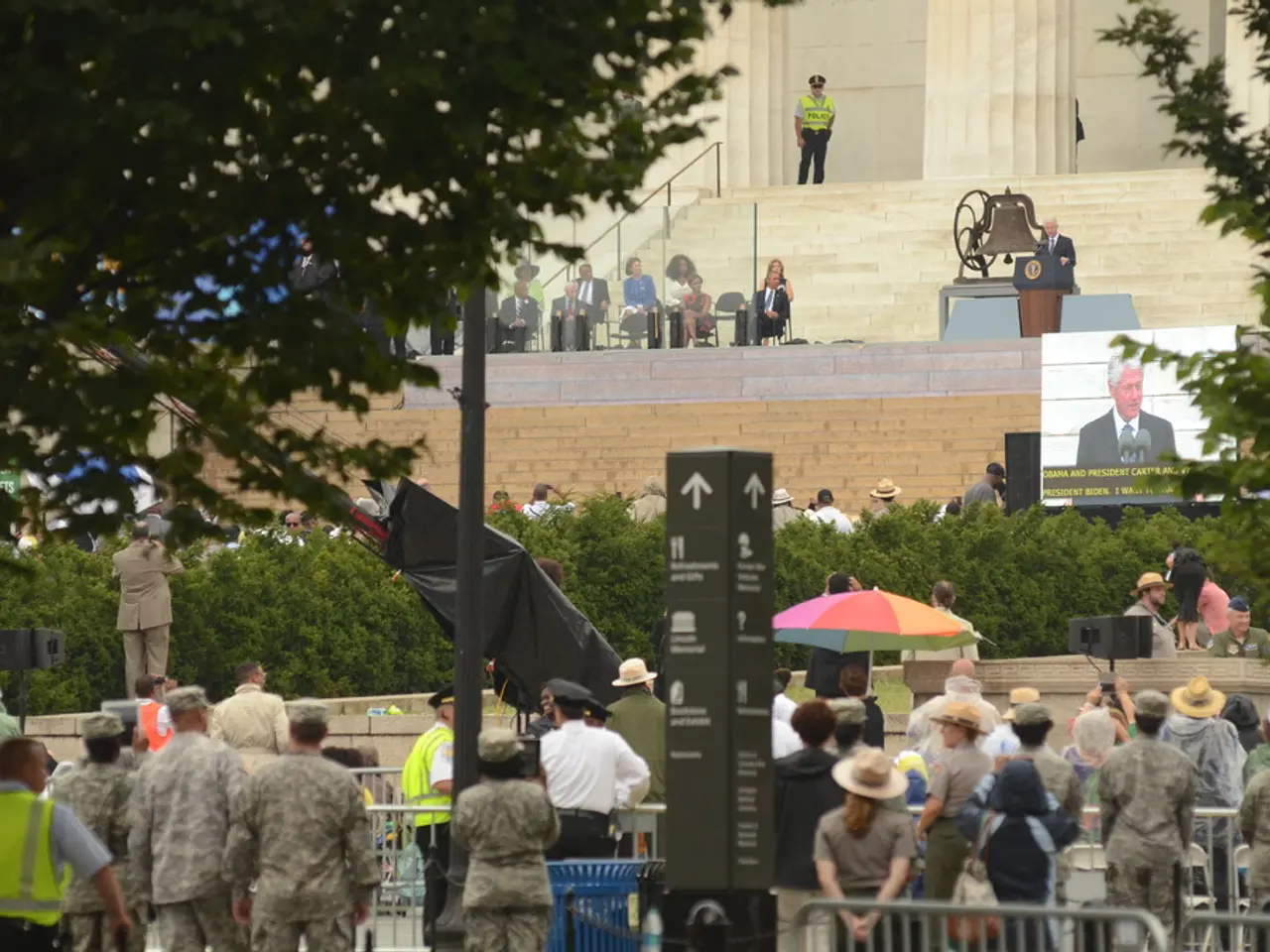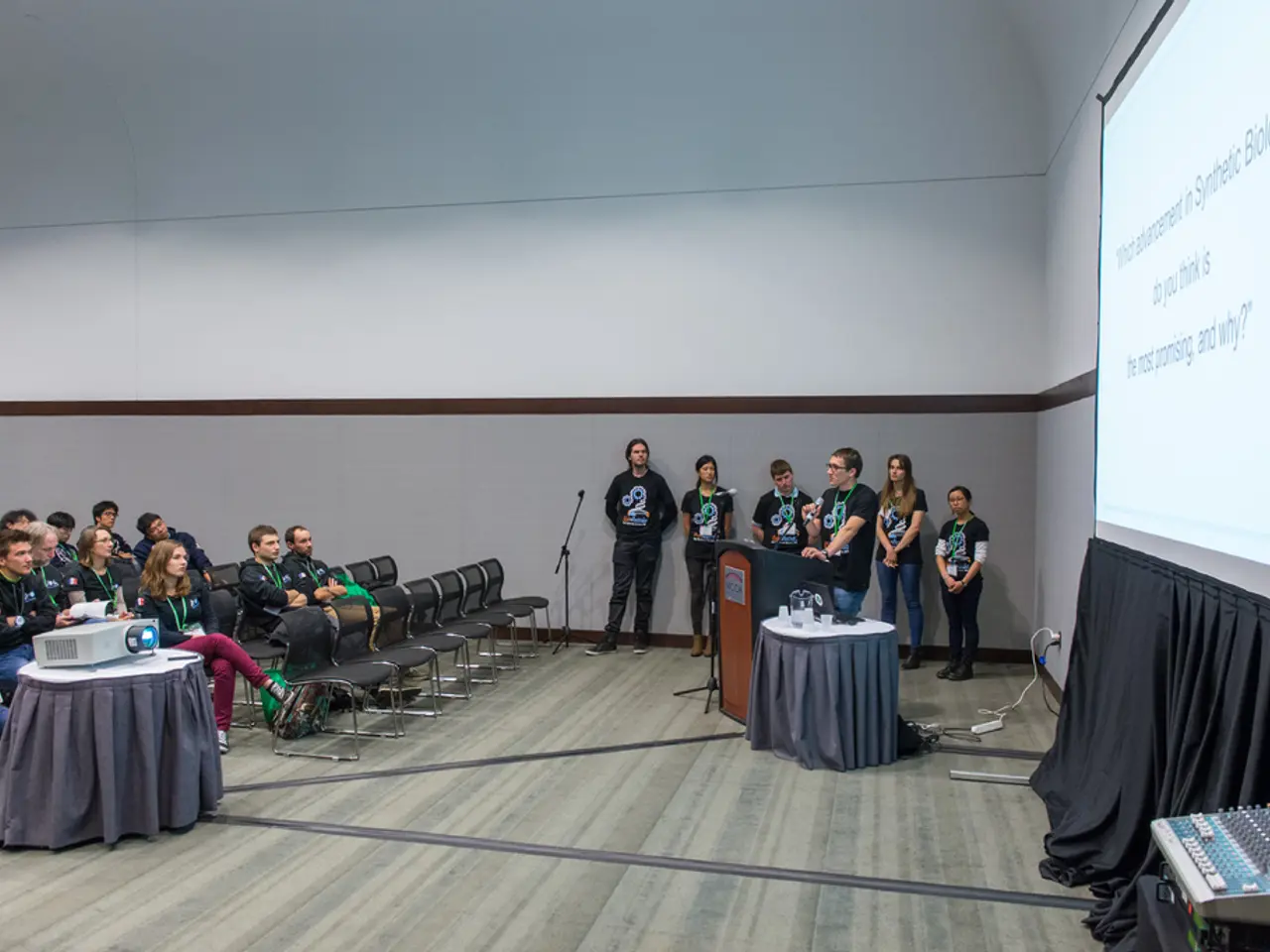Sheinbaum questions the agreement between Ovidio Guzmán and US authorities; inquires about their stance on not negotiating with terrorists.
In a recent development, negotiations between the U.S. government and Ovidio Guzmán, a prominent Mexican drug trafficker and son of Joaquín "El Chapo" Guzmán, have come to light. These discussions appear to be centred around legal and security matters rather than a shift in policy regarding negotiations with criminal organisations or terrorists.
Reports suggest that the negotiation involved Ovidio Guzmán's extradition to the U.S., with some of his family members discreetly allowed to cross into U.S. territory under conditions linked to cooperation or information sharing with U.S. authorities. This arrangement is believed to be part of legal proceedings and not a government concession to criminal demands.
Mexico's Security Secretary and the Attorney General have confirmed this context, stating that the family members who moved to the U.S. were not under any legal proceedings themselves but were potentially part of a witness protection arrangement in exchange for cooperation. Such arrangements are common in criminal justice systems to secure testimony or evidence against organised crime figures.
It is crucial to note that Ovidio Guzmán and his family are targeted for their roles in drug trafficking. U.S. authorities have imposed sanctions and offered rewards for captures related to the Sinaloa Cartel's activities, emphasising ongoing enforcement rather than accommodation.
This approach aligns with the U.S. policy of targeting drug cartels through law enforcement, sanctions, and prosecution, but it differs from negotiating with terrorist groups, which are driven by ideological or political motives. Cartels are financially motivated criminal enterprises that the U.S. combats through criminal justice tools rather than counterterrorism frameworks. Negotiations such as plea deals or cooperation agreements with traffickers or their associates are part of legal strategy to dismantle criminal networks and are not considered as legitimising their activities or similar to negotiating with terrorists.
Claudia Sheinbaum, Mexico's President, has stated that there is an arrest warrant for Ovidio Guzmán in Mexico. She has also emphasised the importance of maintaining joint investigations between the U.S. and Mexico, while demanding evidence from the U.S. government for any indictment against a Mexican person in the Ovidio Guzmán case. She has reiterated Mexico's stance against interventionism and subordination from the U.S.
This negotiation does not contradict the U.S. government's stated policy of not negotiating with terrorist groups, as drug cartels operate under different frameworks, and the negotiations are aimed at securing justice and intelligence rather than political settlement.
- The recent negotiation between the U.S. government and Ovidio Guzmán, a Mexican drug trafficker, is not a shift in policy regarding negotiations with terrorist groups, but rather a part of the criminal justice system, focusing on legal proceedings and securing intelligence.
- Reports suggest that the negotiation involves Ovidio Guzmán's extradition to the U.S., and some of his family members have been allowed to cross into U.S. territory, possibly as part of a witness protection arrangement in exchange for cooperation.
- While the negotiations with Ovidio Guzmán and his family are ongoing, it is important to note that they are targeted for their roles in drug trafficking, a primary focus of war-and-conflicts and crime-and-justice news, and not political or ideological disputes like those with terrorist groups.







